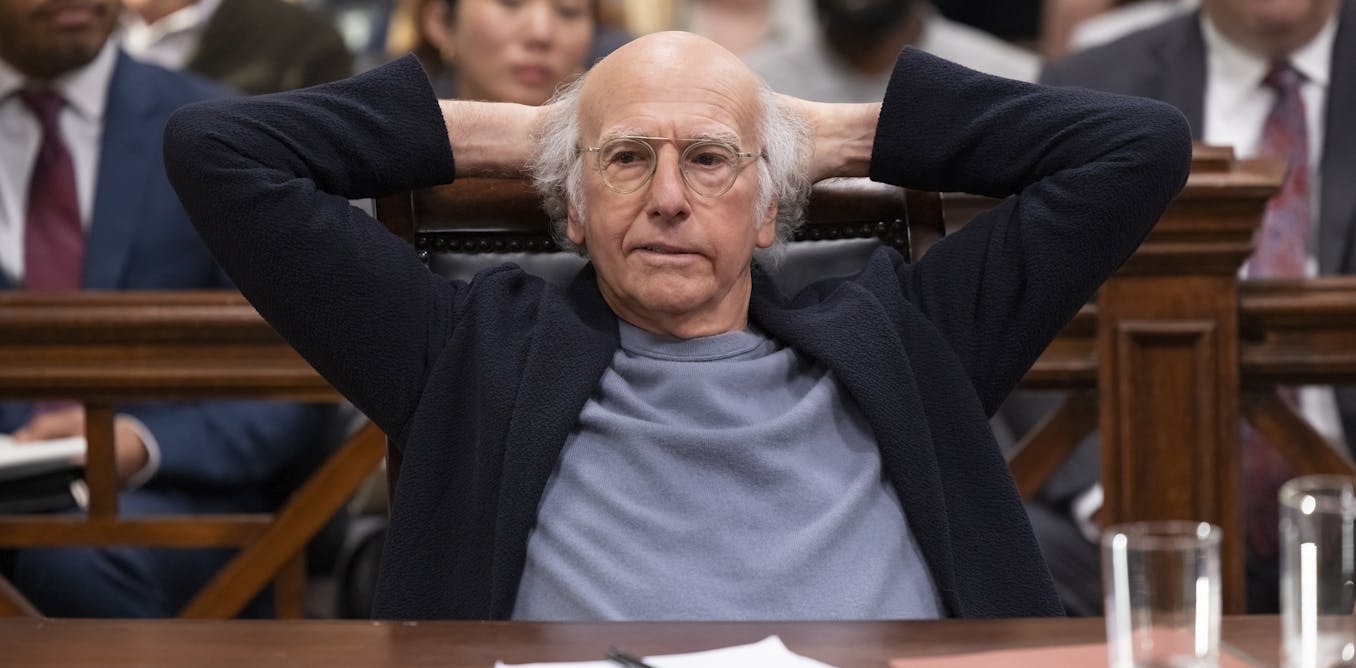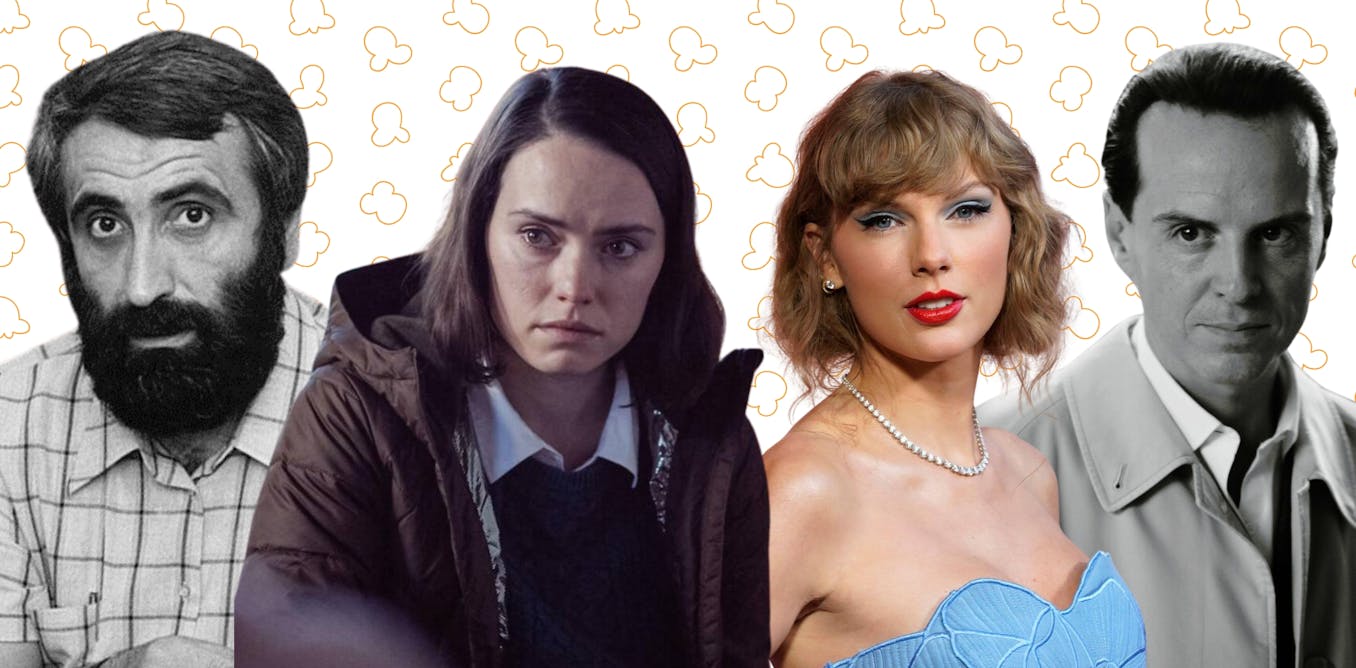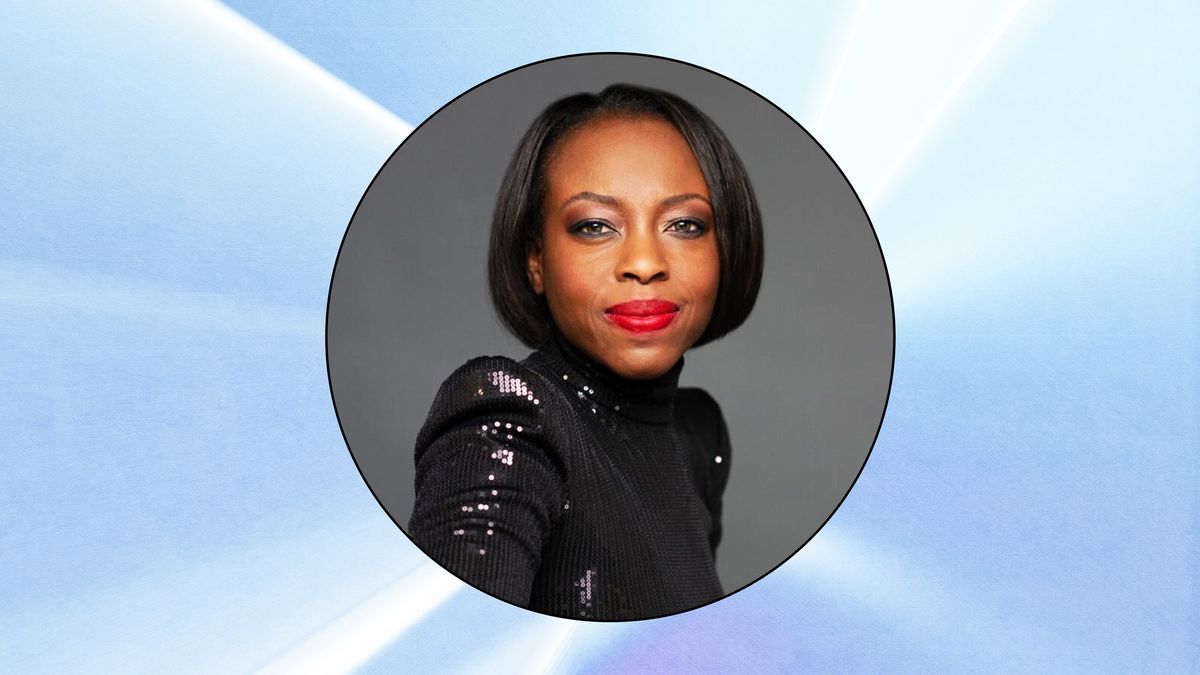
The Existential Spiritualism of ‘Eternals’ Belongs to Chloé Zhao
Kevin Feige once said that Chloé Zhao’s pitch for Eternals, an adaptation of Jack Kirby’s comic series of the same name, was one of the best he’s ever heard in his career. As the story goes, Zhao showed Feige a macro photo of sand while reciting the words of William Blake’s “Auguries of Innocence.”
“To see a World in a Grain of Sand
And a Heaven in a Wild Flower
Hold Infinity in the palm of your hand
And Eternity in an hour”
“Blake was trying to convey that you can see the endless beauty and the meanings of the cosmos within the smallest things you can find on earth,” Zhao explained. “So, you know, the vision of the film was to set up and capture that scale – something as large as the creation of the sun and as intimate as whispers of lovers.”
One year ago, Eternals was released in theaters to moderate box office numbers and a divisive critical reception, solidifying the film as the only MCU outing to receive a rotten score on Rotten Tomatoes in the franchise’s entire run. Fresh off a successful awards campaign for Nomadland (Zhao’s third feature film that won her the coveted best director academy award), there was a high expectation for Eternals to drastically shift the direction of the Marvel Cinematic Universe and raise the possibility for Marvel Studios to work with elevated talent. With full confidence in Chloé Zhao’s name and talent, the studio was fully prepared to launch Eternals as an awards season contender. Awards pundits quickly bought into the film’s marketing hype: finally, an auteur’s Marvel movie; something that now feels like an oxymoron.
This echoes a classic IP-driven Hollywood story, a big studio recruits a fresh independent director to work on their latest franchise films just to stifle their creative vision. Except, and I think many people overlook this fact, that when it comes to Eternals, that’s not really the case. Chloé Zhao approached Marvel Studios to create a project together as a fan, not the other way around.
Which leads to one of my biggest frustrations with this film’s discourse – it would be easy to attribute all the things that work to Zhao’s direction, and everything that doesn’t to the MCU machine (and many critics have done exactly this), but that reductive assessment would be greatly misrepresenting what Eternals actually is: a film that Zhao herself is quite proud of, and one that she confidently calls her own – a collaboration between the mythology of the Marvel universe and Zhao’s own cinematic fixations.
In our seemingly endless cycle of bland and unremarkable MCU projects, especially from Phase 4, Eternals not just remains one of Marvel’s most ambitious outings so far, but it most importantly fits comfortably in Chloé Zhao’s filmography; a spiritual tale of lost beings making sense of humanity and their relationship to the natural world. It’s a showcase of Zhao’s specific cinematic fixations brought to a blockbuster scale.

The lore of Eternals is dense, more so than the usual MCU film. Even with a Blade Runner-inspired opening crawl explaining the origins and mechanics of the film’s universe, it’s easy for the viewer to drown in the abundant expository dialogue. Traveling around on their ancient starship, the Domo, our immortal Eternals arrived on Earth in 5000 BC with one goal given by their Celestial leader, Arishem: to eliminate the threat of the predatory deviants so that human life can thrive. Though they can help guide mankind through their own unique powers and gifts, they are commanded by Arishem to not interfere with any conflicts that might change the course of cosmic history.
The works of Terrance Malick are an inspiration of Zhao’s that she proudly wears on her sleeve. It’s in her quiet, compassionate approach to character study and her framing of nature as a vast, infinite force. In Eternals, Malick’s influence is most present in the borrowed elements from The Tree of Life – its fractured plot structure highlighting a family’s past in the death of one of their own. At the start of the film, our Eternals are scattered all over Earth. Some of them have integrated into society, like Sersi (Gemma Chan). Others like Druig (Barry Keoghan) have isolated themselves into their own bubbles. When Sersi discovers the Deviant Kro (Bill Skarsgärd) killed and absorbed their Prime Eternal Ajax’s (Salma Hayek) powers, she embarks on a journey to reunite the group.
As we’re introduced to each of the Eternals, the film’s structure morphs into a non-linear story. Each of our 10 different beings has an important place in history, and the plot freely flows between their significant memories back into Sersi’s current quest at hand. Even if it does get excessively expository and repetitive, Chloé Zhao paints her characters with an extraordinary amount of care and sensuality, dwelling on the special moments where the Eternals bond with humankind.
For example, Sprite (Lia McHugh) and Kingo (Kumail Nanjiani) give humanity storytelling and culture, while Phastos (Bryan Tyree Henry) provides the gift of technological progress. Drenched in golden rays, Sersi manifests streams of water to help nurture Mesopotamian crops, her deep passion for humanity attracts the love of Ikaris (Richard Madden) – which leads to the first ever explicit sex scene in an MCU film, a fittingly awkward encounter for two otherwordly beings discovering a human pleasure for the very first time.
Speaking of love, Chloé Zhao once said that a large part of her desire to make a Marvel movie was driven by the fact that she once was a fangirl herself, even joking that she would be writing Eternals fanfiction underneath a burner account. When you take into account how well-defined the interpersonal bonds between our Eternals are, her claims check out. Zhao’s core relationships represent a balance in empathic and powerful forces – Sersi and Ikaris, Druig and Makkari (Lauren Ridloff), and even the (seemingly) platonic companionship between the warrior duo Gilgamesh (Don Lee) and Thena (Angelina Jolie) are each given a crucial moment to tug at our hearts before the drama sets in.

Kro and his pack of Deviants mostly provide the action beats mainstream audiences hunger. Albeit underwritten, they serve as the destructive foil to the Eternals’ nurturing powers. Most of the main narrative tension in Eternals actually belongs to the philosophical differences between our family of immortals. When Arishem reveals to Sersi what the real purpose of the Eternals is: to raise humankind to the sufficient conditions in order to birth another Celestial in Earth’s destruction, not everyone agrees with Sersi’s stance to stop the upcoming Emergence. It’s here where Zhao finds something larger to say about the ideology and function of the superhero.
These complex ideas then manifest in Sersi actively questioning the righteousness of her creator, a Celestial god. Is cosmic order worth the destruction of an entire species? What makes humanity worth the sacrifice of imbalance? Is Sersi, let alone any person allowed to make those calls? As a superpowered being, who does your heart belong to? The people you spent the last 7,000 years nurturing, or the gods who created you?
The film smartly strays away from definitive answers, both equally empathetic of Sersi and Ajak’s infatuation with the potential of humankind, as well as Ikaris’s and Kingo’s responsibility to preserve the balance of nature. As a filmmaker who has spent her entire body of work invested in dichotomies of humanism and spirituality, Chloé Zhao beautifully grounds the fate of entire galaxies with the same urgency as a domestic dispute. While other MCU films struggle to keep their stakes personal and relatable in third acts that devolve into nonsensical clutter, Zhao understands that a look of betrayal between two characters who love each other holds more devastation than a fistfight or a beam of blue light in the sky.
Though many have criticized Eternals for falling under the same drab visual habits that plague other MCU films, I argue this comes from some misunderstanding of Chloé Zhao’s visual style. Eternals was shot mostly on location utilizing organic lighting. There’s often a mentality to equate vibrant colors to better quality cinematography, and in that regard, the final film didn’t do enough for some. However, what truly makes Zhao’s signature “look” so lush and gorgeous is texture.
A rocky beach hued by the rays of golden hour, a nighttime sequence in the Amazons drenched in fog, Sersi sitting by a lone tree both silhouetted in the middle of the desert at dusk. Eternals captures Earth’s natural beauty with a shocking amount of minimalism for a blockbuster film, and in its most powerful landscape shots, aligns closely with Zhao’s other works. Though at times it can clash with the inconsistent VFX work (not to discredit those artists who suffer underneath the Marvel machine), the explicit lighting conditions are also a boon for other effects to have a physicality that will age better than most moments in MCU projects.
Chloé Zhao’s proud anime/manga influence shines through in the last act of Eternals. When Sersi successfully stops the birth of Earth’s new celestial, his giant hand and face are crystalized on the beach’s horizon, an obvious nod to Neon Genesis Evangelion that portrays a humbling mortal insignificance, even to our godly group of ancient superheroes. Ikaris, disgusted by his actions, flies toward the sun in his final scene. But, after a moment of dread and shame, Eternals concludes in a moment of optimism.

Sprite joined Ikaris in his agenda for destruction due to her yearning; her immortality has kept her in a child’s form for as long as the Eternals have been around, leaving her unable to live a fulfilling life of her own desires. Still flowing with the energy from the uni-mind, Sersi is able to give Sprite the gift of humanity – the chance to start her own new life from scratch so long as she accepts the nuance of mortality. Sprite accepts, touching Sersi’s hand as the sun meets the shore. This is where Zhao’s film ends, an act of forgiveness. A moment of radical empathy spiritually married with a landscape of natural beauty. An admiration of humanity and our profound vulnerability. In just one frame, the entire thesis of Chloé Zhao’s body of work.
If you’ve seen Eternals, you know that there’s obviously more to the film in the form of an extended epilogue. A cliffhanger cut to credits, a tease of Harry Styles’s Eros, a nod to Dane Whitman’s (Kit Harrington) origins in the service of setting up sequels and universe expansions. Although Eternals fits neatly into Zhao’s filmography, and I wouldn’t argue these moments are completely void of Zhao’s direction, there are still obligations it has to Kevin Feige’s masterplan, and it’s a predictable concession of doing service to a larger franchise.
Is it enough to break Eternals? In my view, no. As Zhao still accomplished what she exactly set out to do with this film. Yes, it’s an MCU film, but it is also a Chloé Zhao film. Similar to James Gunn’s Guardians of the Galaxy trilogy, the two sides of themselves are not necessarily at war with each other. Perhaps there was not enough of an audience for a Marvel film that basks in existentialism and disillusionment of faith, especially in the middle of the COVID-19 crisis. Chloé Zhao herself speculated that the marriage between her style and Marvel’s trademarks made people uncomfortable, yet she remains unbothered by the negativity.
“I think the need for consensus is a hindrance for any authentic creative process… [Divisiveness] has [no] real influence on me as an artist, because every time I’m lucky enough to create, I learn from the process,” Zhao states. “That learning process is a very intimate affair. Anything beyond that, for me, it’s just a part of the ecosystem that exists because of the nature of the industry we’re in.”
The film’s balance is not entirely frictionless, and that might not please everyone right now, but I believe Eternals is weird and ambitious and has enough integrity to age with grace. Ultimately, Chloé Zhao wanted her first blockbuster film to capture something infinite and cosmic in the intimate palm of her hands, and her fourth feature film, Eternals, does exactly that.













































































